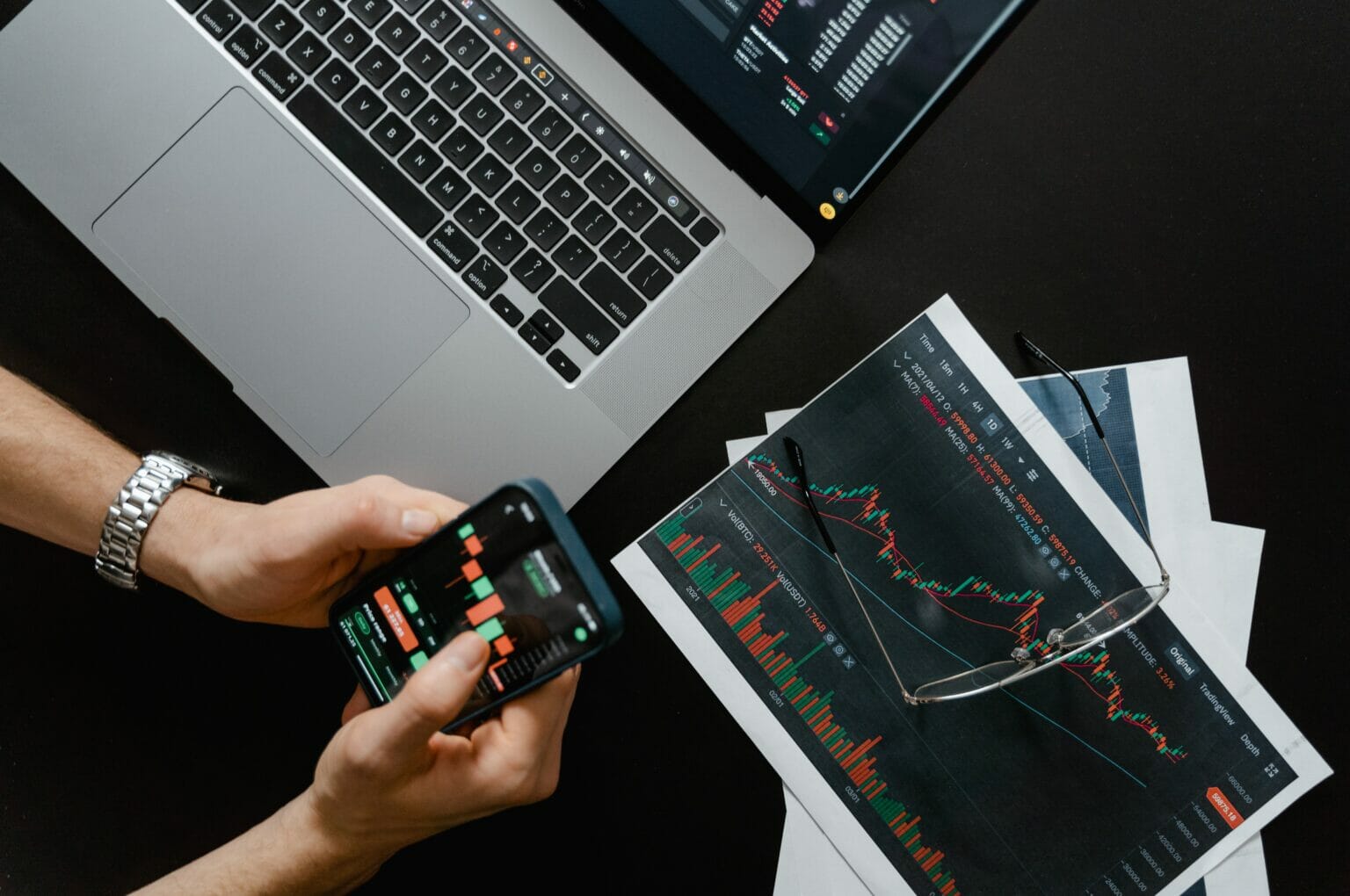In the midst of the stock market’s soaring performance in 2020 and the surge in consumer interest in trading apps like Robinhood, Apple and Goldman Sachs were quietly crafting a stock-trading feature for iPhones. This innovative feature aimed to empower consumers to buy and sell stocks directly from their iPhones, further expanding Apple’s foray into financial services through its partnership with Goldman Sachs.
However, sources familiar with the matter, who requested anonymity due to a lack of authorization to disclose details, revealed that the ambitious project was shelved last year as market conditions took a downturn. The initiative, which had not been previously reported, was part of Apple’s ongoing collaboration with Goldman Sachs. This partnership commenced with the launch of an Apple-branded credit card in 2019, followed by the introduction of buy now, pay later (BNPL) loans and a high-yield savings account. Recently, Apple announced that its savings account offering had garnered over $10 billion in user deposits.
Both Apple and Goldman Sachs have declined to comment on the project’s details or its current status.
The development of this stock-trading feature coincided with a period of historically low interest rates during the COVID-19 pandemic. Consumers found themselves stuck at home, directing their attention and considerable savings into stock trading, even venturing into meme stocks like GameStop and AMC, all from the convenience of their smartphones. Apple’s discussions with Goldman Sachs regarding this feature began amid this trading frenzy in 2020.
Initially, the Apple investing feature was slated for a 2022 release. One proposed use case envisioned iPhone users investing their surplus cash directly into Apple shares. However, as financial markets became turbulent due to rising interest rates and surging inflation, Apple grew concerned about the potential backlash from users who might incur losses while using an Apple product for stock trading. Consequently, both Apple and Goldman Sachs shifted their focus to launching savings accounts, which benefit from higher interest rates.
The current status of the stock-trading project remains uncertain, particularly in light of Goldman Sachs’ decision, led by CEO David Solomon, to scale back its involvement in nearly all consumer-focused initiatives.
Nonetheless, sources suggest that much of the infrastructure required for the investing feature is already in place and could be activated if Apple decides to proceed with it in the future.

The Apple Card, launched with great fanfare three years ago, faced regulatory scrutiny and incurred losses as its user base expanded. This year, Goldman Sachs introduced a high-interest savings account for Apple Card users, offering an annual percentage yield of 4.15%.
Goldman was also a central player in Apple’s BNPL offering, known as Apple Pay Later, which allows users to split purchases of $50 to $100 into four interest-free payments over six weeks.
Before Goldman’s strategic shift away from retail banking, there were discussions about expanding the partnership with Apple. More recently, Goldman explored the possibility of transferring both its card and savings account to American Express.
Had Apple’s plans for the stock-trading app materialized, the tech giant would have entered a highly competitive market, competing against established players like Robinhood, SoFi, Square (by Block), and traditional brokerage firms such as Charles Schwab and Morgan Stanley’s E-Trade. Stock trading has become a pivotal strategy for financial firms to engage customers and boost platform usage, a path Apple was also contemplating.
However, this move could attract regulatory scrutiny, given ongoing concerns about Apple’s App Store practices, while Robinhood has faced inquiries for what regulators perceive as “gamifying” financial markets.
Other tech companies are exploring similar opportunities. Elon Musk’s X (formerly Twitter) is exploring partnerships to enable users to buy stocks and cryptocurrencies. PayPal had ambitions to enter the stock trading arena but later abandoned those plans in favor of refocusing on its core e-commerce business, citing budget constraints.
